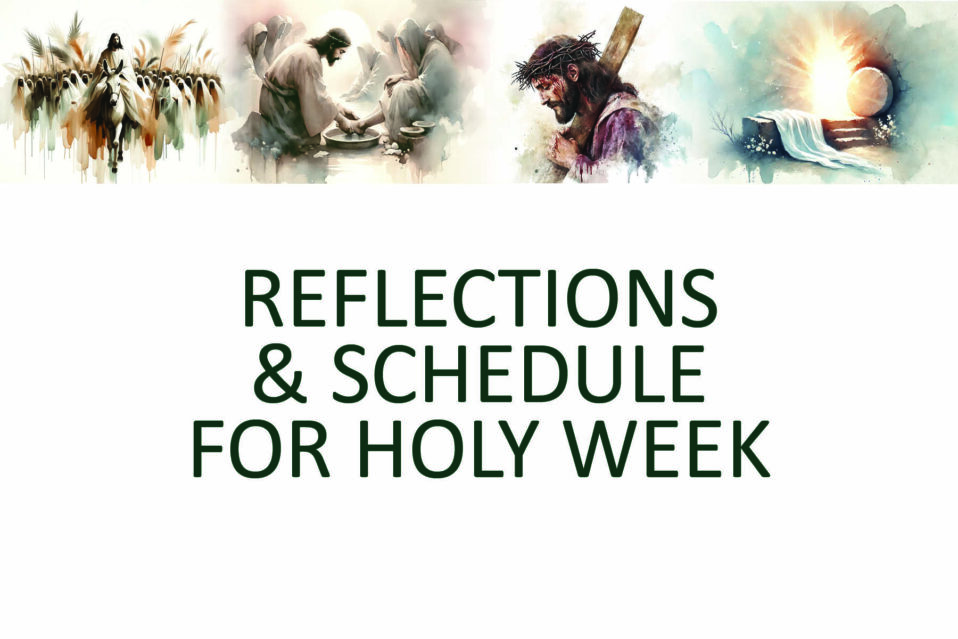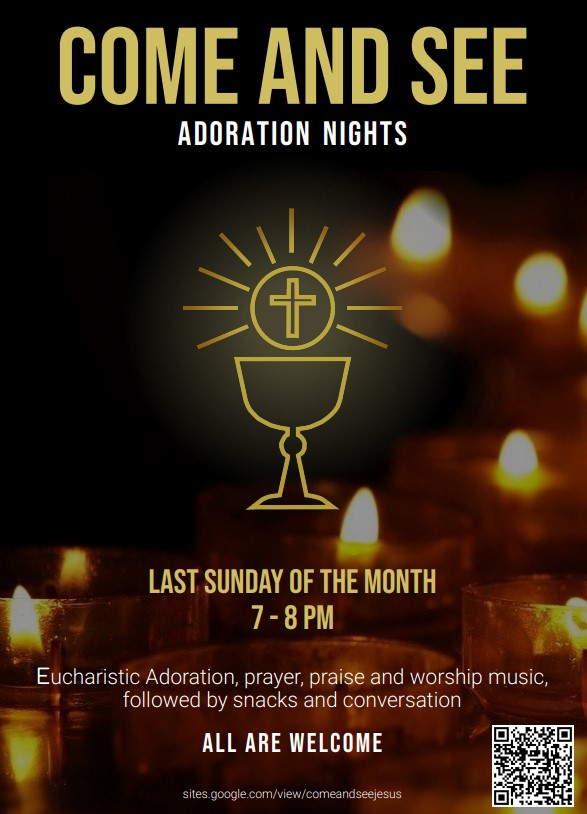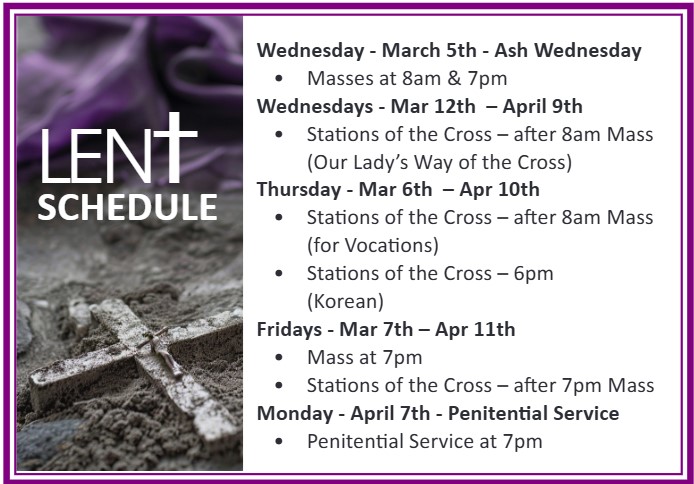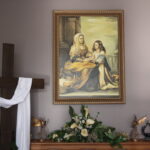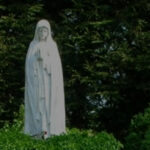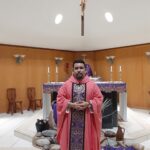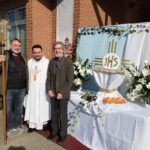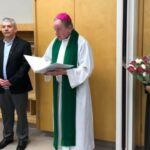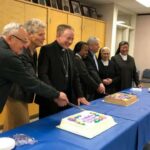By Fr. Hien Nguyen
3. Vocation Culture in the Diocesan Community
3.3 The Schools-continuation from last weekends bulletin
These are the recommendations from the Church through our Holy Father John Paul II in his Ex Corde Ecclesiae.
University teachers should seek to improve their competence and endeavour to set the content, objectives, methods, and results of research in an individual discipline within the framework of a coherent world vision. Christians among the teachers are called to be witnesses and educators of authentic Christian life, which evidences attained integration between faith and life, and between professional competence and Christian wisdom. All teachers are to be inspired by academic ideals and by the principles of an authentically human life.
Students are challenged to pursue an education that combines excellence in humanistic and cultural development with specialized professional training. Most especially, they are challenged to continue the search for truth and for meaning throughout their lives, since “the human spirit must be cultivated in such a way that there results a growth in its ability to wonder, to understand, to contemplate, to make personal judgments, and to develop a religious, moral, and social sense”(23). This enables them to acquire or, if they have already done so, to deepen a Christian way of life that is authentic. They should realize the responsibility of their professional life, the enthusiasm of being the trained ‘leaders’ of tomorrow, of being witnesses to Christ in whatever place they may exercise their profession.
Directors and administrators in a Catholic University promote the constant growth of the University and its community through a leadership of service; the dedication and witness of the non-academic staff are vital for the identity and life of the University.

